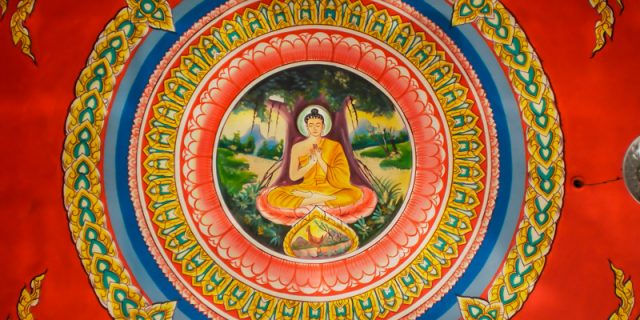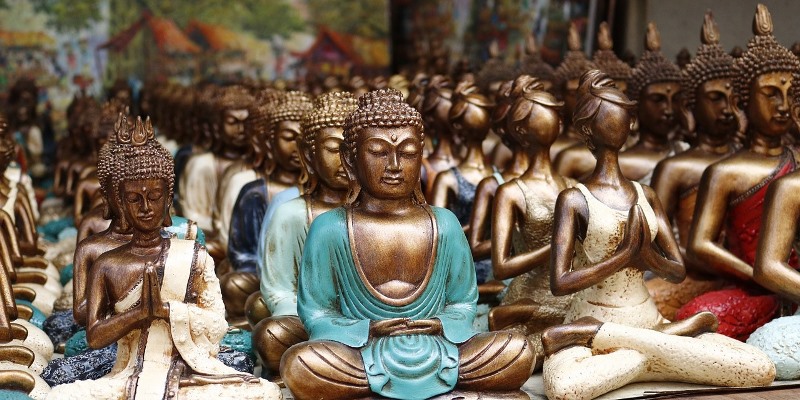
Wabi-Sabi is a Japanese Buddhist world view that focuses on the acceptance of impermanence and imperfection. The Wabi-Sabi concept refers to objects (the outer world) but also to subjective, inner experiences.
Living Wabi-Sabi means, for instance, that we realize that all things happening or “being there” are imperfect, impermanent, and incomplete, and that embracing that fact leads to a more gratifying and enjoyable life.

The concept is derived from the Buddhist teaching of the Three Marks of Existence: Impermanence, Suffering, and Absence of Self. In fact, Wabi Sabi has a direct relationship with Buddhist Vipassana Meditation (Insight Meditation).
In practice, Wabi-Sabi implies that daily life and life as a whole can be experienced as worthwhile and beautiful not because it’s perfect, but because it’s imperfect and fleeting.
Wabi-Sabi also drives to living more simply, less forced, more in harmony with one’s natural surroundings: we don’t necessarily change the things around us, but rather embrace them as part of an “aesthetic whole,” appreciating characteristics such as asymmetry, roughness, simplicity, and modesty, and the forces of nature.
Perhaps we can better understand the concept of Wabi-Sabi through the well-known phrase “Being Zen,” which means a state of being where we are at peace with our own thoughts and emotions, with our surroundings and situation, and with our place within the universe.

















